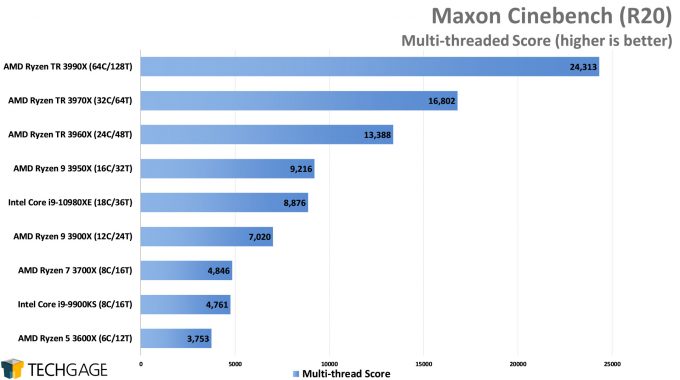

However, it still can't quite match the 2021 Pro tricked out with M1 Max, which completed the same test in 4:44.įinally, let's touch on our gaming test results. The 13-inch M2-equipped Pro completed the Photoshop test in an average of 4:54, which is significantly speedier than the 7:03 it took the M1-equipped Pro to complete the same test. We also put the M2 through a suite of PugetBench performance tests, including a test that vets how well a system handles common Photoshop work tasks. However, here again the new M2 Pro can't match the raw video editing power of the 2021 MacBook Pros, as the 16-inch Pro with M1 Max encoded the same video in under 5 minutes (4:48).Īs good as it is, the M2 can't match the raw editing power of the M1 Max chip inside the 2021 MacBook Pros. It's way faster than the Dell XPS 13 OLED, one of our favorite Windows laptops that nevertheless took over 18 minutes (18:12) to complete the same test with an 11th Gen Intel Core i7-1185G7 CPU.

The M2-equipped Pro completed the task in 6 minutes and 51 seconds, a decent speed that outpaces the M1-equipped 2020 Pro, which took nearly 8 minutes (7:46) to complete the same task. To get a sense of how well the M2 can crunch video we also put the 2022 Pro through our video encoding test, which tasks the laptop with transcoding a 4K video down to 1080p using Handbrake. In Geekbench 5.4 the 14-inch MacBook Pro 2021 with an M1 Pro earned a whopping 12,477, while the M1 Max-based 16-inch MacBook Pro did even better, earning 12,683. So while the M2 is a meaningful improvement over the M1, we've confirmed it still can't touch the upgraded chips in the 2021 Pros. However, the M2 still can't match the scores put up by last year's M1 Pro and M1 Max chips.

The M2 chip outperforms the latest Intel CPUs (like the one inside the Lenovo Yoga 9i Gen 7 seen here) in many benchmarks.


 0 kommentar(er)
0 kommentar(er)
